Home>Articles>What To Do When Someone Parks In Your Driveway
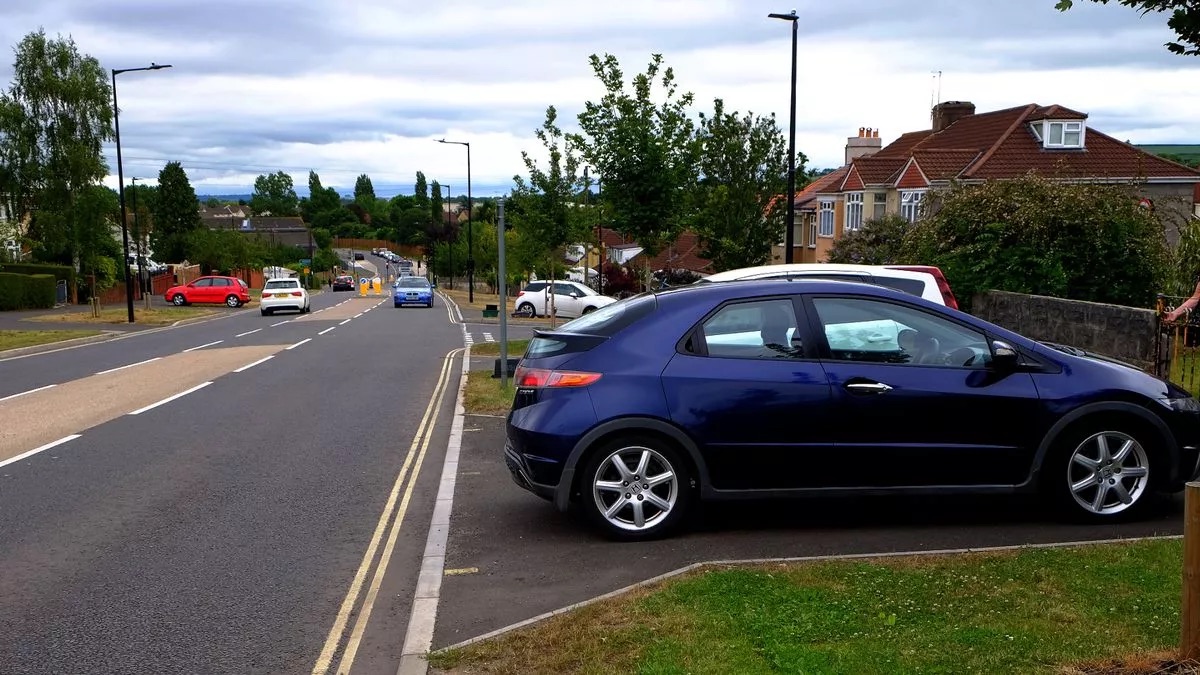

Articles
What To Do When Someone Parks In Your Driveway
Modified: December 7, 2023
Discover effective strategies and tips in our comprehensive articles on dealing with unauthorized parking in your driveway. Take control and reclaim your space today!
(Many of the links in this article redirect to a specific reviewed product. Your purchase of these products through affiliate links helps to generate commission for Storables.com, at no extra cost. Learn more)
Introduction
Dealing with someone parking in your driveway can be an incredibly frustrating situation. Whether it’s a neighbor who consistently ignores your request not to park there or a stranger who mistakenly assumes it’s a public parking spot, having your driveway blocked can impede your daily routine and cause unnecessary stress. However, it’s important to handle this situation calmly and with a clear plan of action.
In this article, we will explore various approaches you can take when someone parks in your driveway. From communicating with the vehicle owner to seeking legal assistance, we will provide you with practical solutions to address this issue effectively. By understanding your rights and the available options, you can navigate through this challenging circumstance with confidence.
Key Takeaways:
- Communicate calmly: Address the issue of someone parking in your driveway by first communicating with the vehicle owner. A polite and understanding approach can often lead to a peaceful resolution without unnecessary conflict.
- Be proactive: Implement preventive measures such as warning signs, barriers, and engaging with your community to deter unauthorized parking in the future. Taking proactive steps can minimize the occurrence of this issue and maintain control over your property.
Understanding the Situation
Before taking any action, it’s crucial to understand the situation and determine the intent behind the vehicle blocking your driveway. It’s possible that it may be a genuine mistake on the part of the driver who may not be aware that they are causing an inconvenience. In such cases, approaching the situation with understanding and diplomacy can result in a swift resolution.
However, if this becomes a recurring issue with the same person or if the vehicle is intentionally parked without regard for your property, it’s essential to address the matter more assertively. This may involve exploring legal options or seeking the assistance of local authorities.
Another consideration to keep in mind is the local laws and regulations regarding parking. Familiarize yourself with the rules in your area to understand what rights you have as a property owner and what actions are permissible to resolve the situation.
By gaining a clear understanding of the situation and your rights, you can proceed with confidence and choose the most appropriate approach to tackle the issue at hand.
Assessing the Situation
Once you’ve determined that someone has parked in your driveway, it’s important to assess the situation before taking any action. This assessment will help you make informed decisions about the best course of action to resolve the issue.
Start by evaluating the severity of the situation. Determine if the vehicle is completely blocking your driveway or if there is still enough space for you to maneuver your vehicle in and out. If it’s a minor obstruction and doesn’t significantly affect your daily routine, you may consider giving the driver some time to rectify the situation on their own.
Next, assess the urgency of the matter. If you’re in immediate need of accessing or leaving your property, you might need to take more assertive action to address the issue promptly. On the other hand, if the inconvenience is minor and doesn’t disrupt your plans, you may have some leeway in how you approach resolving the situation.
Furthermore, consider if the situation appears to be a one-time occurrence or if it’s been happening repeatedly. If it’s a recurring issue, it may require a different approach, such as involving the authorities or seeking legal assistance, to prevent future occurrences.
By carefully assessing the situation, you can determine the urgency and severity of the issue and proceed accordingly with the most appropriate course of action.
Approach 1: Communicating with the Vehicle Owner
One of the first steps you can take when someone parks in your driveway is to communicate directly with the vehicle owner. This approach allows for a peaceful resolution and avoids unnecessary conflict or legal involvement.
Start by remaining calm and approach the situation with a polite and understanding demeanor. If you know the owner of the vehicle, knock on their door or leave a courteous note explaining the inconvenience caused by their parking. Be sure to provide your contact information so that they can reach out to you to rectify the situation promptly.
If you are unsure who owns the vehicle, try speaking to your neighbors to see if they are aware of any visitors or guests who might have parked in your driveway. They may be able to provide you with valuable information.
In cases where the vehicle owner is unresponsive or not present, consider leaving a polite but firm notice on their windshield indicating that they are parked in a private driveway and requesting them to relocate their vehicle immediately.
Remember to document any attempts at communication, such as taking pictures of the notice you leave or noting down the dates and times of your interactions. These records may be useful if the situation escalates and you need to seek legal assistance later on.
By communicating directly with the vehicle owner, you give them a chance to rectify the situation without the need for further action. In many cases, this approach can lead to a peaceful resolution and prevent future incidents.
Approach 2: Seeking Legal Assistance
If your attempts to communicate with the vehicle owner have been unsuccessful or if the situation persists, you may need to consider seeking legal assistance. This approach can provide you with the necessary guidance and support to protect your rights as a property owner.
Start by consulting with a lawyer who specializes in property rights or civil law. They can advise you on the specific laws and regulations in your area and help determine the best course of action based on your unique situation.
In some cases, you may have the option to pursue legal action against the vehicle owner for trespassing or nuisance. Your lawyer can assist you in gathering evidence, such as photographs or witness statements, to support your case.
If the vehicle owner continues to park in your driveway despite your efforts to resolve the issue, your lawyer can help you send a cease and desist letter, warning the owner of potential legal consequences if they do not cease their actions. This letter can serve as a formal notification of your intent to take legal action if the situation persists.
Remember, seeking legal assistance should be a last resort when all other attempts to resolve the issue have been exhausted. It’s important to consider the costs, time commitment, and potential outcomes before pursuing this approach.
By seeking legal assistance, you can ensure that your rights are protected and potentially find a resolution to the situation through legal means. However, it’s important to consult with a professional to understand the specific legal implications and requirements in your jurisdiction.
If someone parks in your driveway, try to locate the owner and politely ask them to move. If that doesn’t work, contact local law enforcement or a towing company for assistance.
Read more: How Close Can You Park To A Driveway
Approach 3: Contacting Local Authorities
If you find yourself unable to resolve the issue on your own or through direct communication with the vehicle owner, contacting the local authorities can be a viable option. They can provide assistance in enforcing parking regulations and ensuring compliance with the law.
Start by contacting your local police department’s non-emergency hotline or the designated parking enforcement agency in your area. Provide them with the necessary details, such as the license plate number of the vehicle and the duration of the obstruction.
When contacting the authorities, it’s essential to remain calm and provide clear and accurate information about the situation. They will evaluate the urgency and severity of the matter and decide on the appropriate course of action.
Depending on your location and the local regulations, the authorities may issue a parking citation to the vehicle owner or even tow the vehicle if it is blocking your driveway unlawfully. It’s important to note that the process and regulations may vary from jurisdiction to jurisdiction.
While involving the authorities can be effective, it’s important to understand that their response time may vary based on available resources and priorities. Therefore, it’s always advised to have a backup plan and consider other approaches to address the issue in a timely manner.
Remember to keep records of your communication with the authorities, including the date and time of your contact and any reference numbers or case IDs provided. These records will be helpful should you need to follow up or provide further information.
By contacting the local authorities, you can leverage their resources and expertise to enforce parking regulations and alleviate the issue of someone parking in your driveway. However, it’s important to be patient and understand the process may take time.
Approach 4: Using Warning Signs or Barriers
If you frequently encounter the issue of someone parking in your driveway, using warning signs or barriers can serve as a preventive measure to deter unauthorized parking.
Start by placing visible and clearly worded signs at the entrance of your driveway, indicating that it is a private driveway and unauthorized parking is prohibited. Be sure to research and comply with any local regulations regarding the size, placement, and wording of the signs. This will help establish that you have taken measures to communicate your driveway’s private nature.
In addition to signs, consider investing in physical barriers to further deter unauthorized parking. This can include installing a gate or a removable bollard at the entrance of your driveway. These physical obstructions can serve as a visual deterrent and make it more difficult for individuals to park in your driveway without permission.
When utilizing warning signs and barriers, it’s important to communicate your intentions clearly but also ensure that they do not cause any safety hazards or obstruct emergency access. Consult with local authorities if you have any concerns or questions about the appropriate use of signs or barriers in your area.
While warning signs and barriers can discourage unauthorized parking, it’s important to note that determined individuals may still attempt to park in your driveway. In such cases, you may need to resort to other approaches, such as contacting the authorities or seeking legal assistance.
By implementing warning signs or barriers, you can send a clear message that your driveway is private and unauthorized parking is not tolerated. This proactive approach can help mitigate future incidents and minimize the inconvenience caused by unauthorized vehicles.
Approach 5: Towing the Vehicle
If all other approaches have failed and you are still unable to resolve the issue of someone parking in your driveway, towing the vehicle may be necessary. Towing serves as a more assertive action to ensure that your driveway remains clear for your use.
Before considering towing, familiarize yourself with the towing regulations in your area. Each jurisdiction may have specific requirements and protocols that must be followed. Ensure that you understand the legal process and any necessary documentation or permits required for towing a vehicle.
If you decide to proceed with towing, contact a reputable towing company that operates legally and adheres to the local regulations. Inform them of the situation and provide them with the necessary details, such as the location and description of the parked vehicle.
It’s important to note that towing a vehicle without proper authorization can have legal repercussions. Make sure that you have exhausted all other options, such as communicating with the vehicle owner, contacting the authorities, or using warning signs and barriers, before resorting to towing.
Document the entire process by taking photographs or videos of the parked vehicle and the towing procedure to protect yourself from potential legal disputes. Keep any relevant documents, such as the tow company’s receipt or a towing authorization form, for your records.
While towing can effectively remove the vehicle from your driveway, it should be seen as a last resort due to the inconvenience it may cause to the vehicle owner. Use this approach judiciously and with consideration for the potential consequences.
By towing the vehicle, you assert your rights as a property owner and ensure that your driveway remains accessible for your use. However, be sure to follow all legal requirements and consider the possible implications of this decision.
Approach 6: Preventive Measures for Future Incidents
To avoid future incidents of someone parking in your driveway, it’s important to take proactive measures to prevent unauthorized access. By implementing preventive measures, you can minimize the occurrence of this issue and maintain control over your property.
Consider the following preventive measures:
- Install a physical barrier: An effective way to deter unauthorized parking is to install a physical barrier, such as a gate, that can be locked when not in use. This provides a clear indication that the driveway is private and off-limits to unauthorized individuals.
- Use motion-activated lights or security cameras: These devices can help deter individuals from parking in your driveway by increasing visibility and capturing evidence of any unauthorized activity. Display signs indicating that surveillance is in effect to further discourage potential offenders.
- Engage with your community: Building a positive relationship with your neighbors can contribute to a safer neighborhood. Share contact information and encourage one another to report any suspicious activities. This shared vigilance can help deter unauthorized parking and other unwanted behaviors.
- Maintain clear signage: Ensure that your private property signs are visible and properly placed to indicate that unauthorized parking is not allowed. Update them as needed to maintain their effectiveness.
- Consider landscaping modifications: If your driveway is frequently mistaken for a public parking space, consider making modifications to clearly differentiate it from the surrounding area. This can include adding landscaping features or decorative elements that clearly define your private property.
- Stay informed about local parking regulations: Familiarize yourself with the parking regulations and restrictions in your area. This knowledge will help you address any violations promptly and effectively, should they occur.
By implementing these preventive measures, you can create a stronger deterrent against unauthorized parking and protect your property. However, it’s important to strike a balance between maintaining security and having an open and welcoming environment for your guests.
Remember, addressing the issue proactively is the key to preventing future incidents and maintaining control over your private driveway.
Read more: What Is Carport Parking
Conclusion
Dealing with someone parking in your driveway can be a frustrating and inconvenient situation. However, by understanding your rights and implementing effective approaches, you can resolve the issue and prevent future incidents.
Start by assessing the situation and determining the intent behind the vehicle blocking your driveway. In some cases, a simple communication with the vehicle owner can lead to a peaceful resolution. If that fails, seeking legal assistance or contacting the local authorities may be necessary to enforce parking regulations and protect your rights.
Implement preventive measures, such as using warning signs or barriers, to deter unauthorized parking in the future. By being proactive and taking steps to secure your property, you can minimize the chances of encountering this issue again.
It’s important to handle these situations calmly and assertively, while also maintaining a level of understanding and diplomacy. Managing conflicts with poise and respect will help you navigate through these challenges more effectively.
Remember to document your actions and keep records of any communications or interactions related to the incident. These records may be valuable if you need to escalate the situation legally or for future reference.
With a clear plan of action, knowledge of your rights, and a proactive approach, you can address the problem of someone parking in your driveway and maintain control over your property.
This concludes our guide on what to do when someone parks in your driveway. We hope that these approaches and preventive measures provide you with the tools to tackle this issue confidently and assertively.
Frequently Asked Questions about What To Do When Someone Parks In Your Driveway
Was this page helpful?
At Storables.com, we guarantee accurate and reliable information. Our content, validated by Expert Board Contributors, is crafted following stringent Editorial Policies. We're committed to providing you with well-researched, expert-backed insights for all your informational needs.

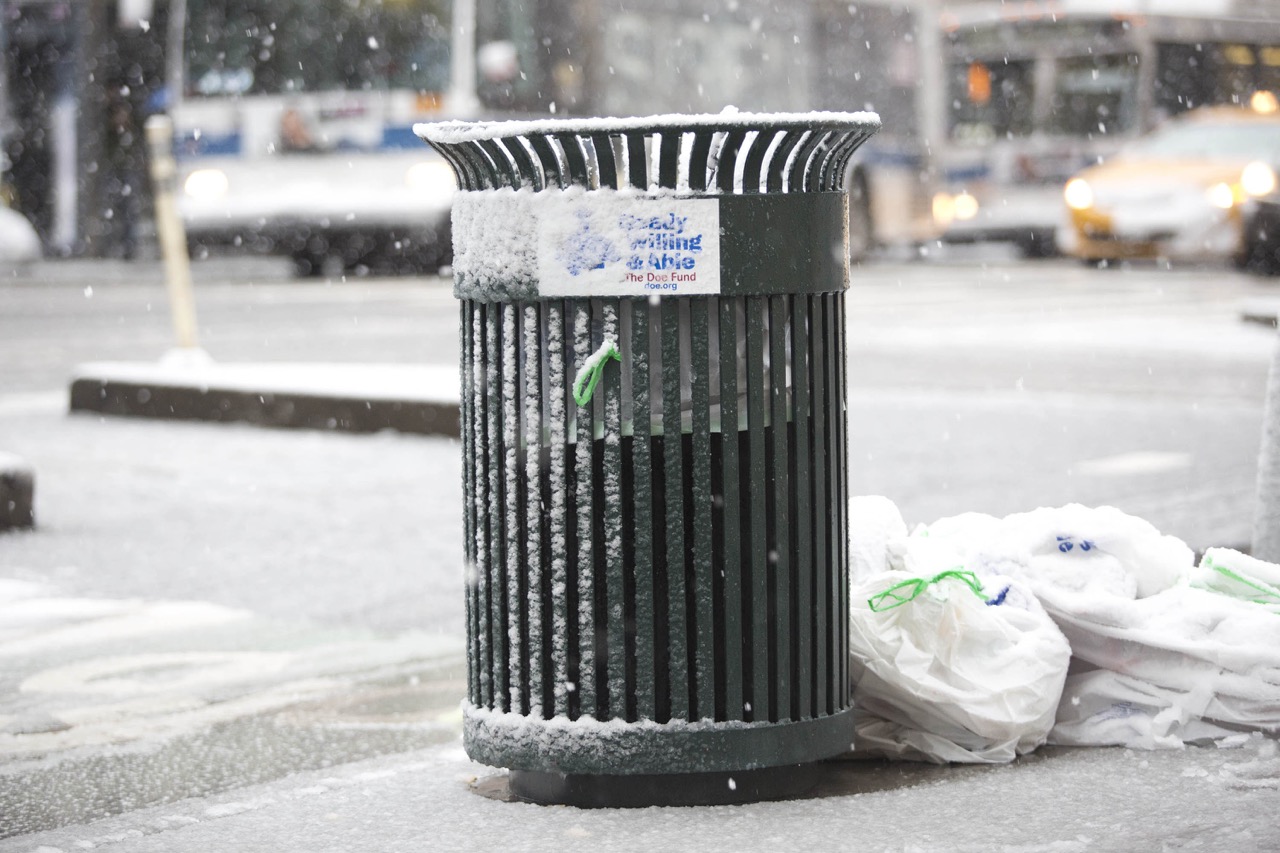


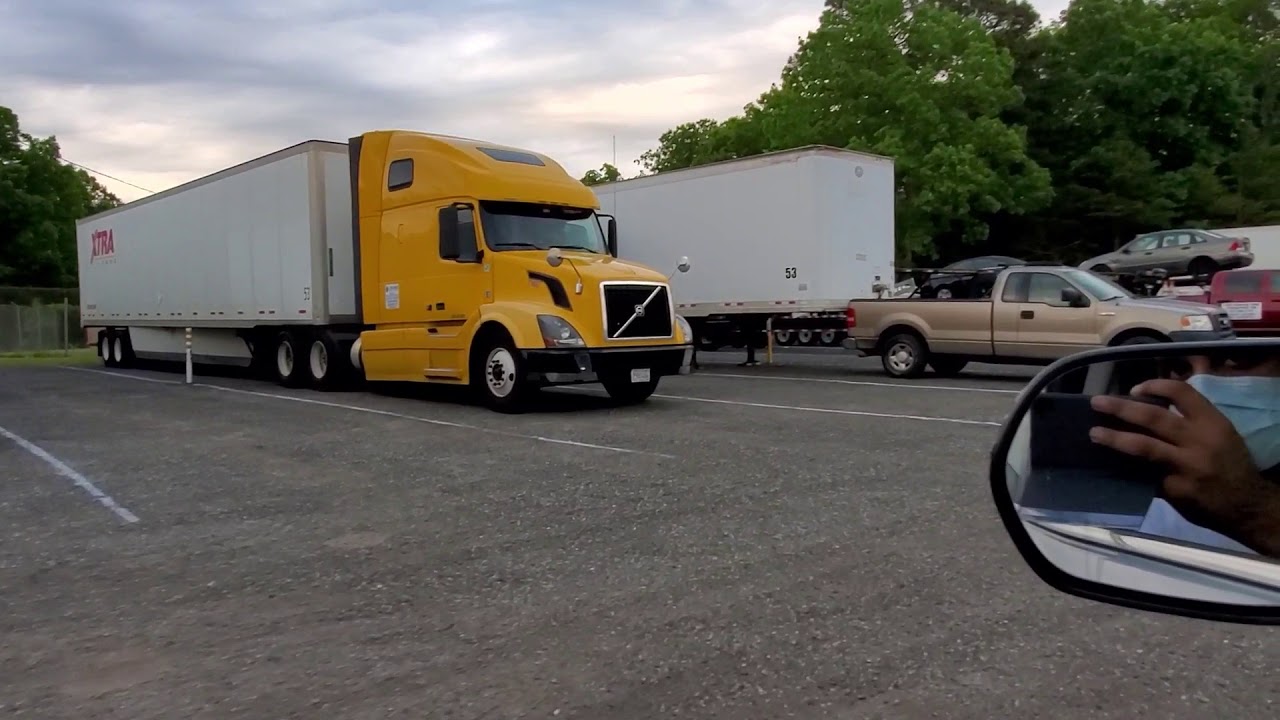
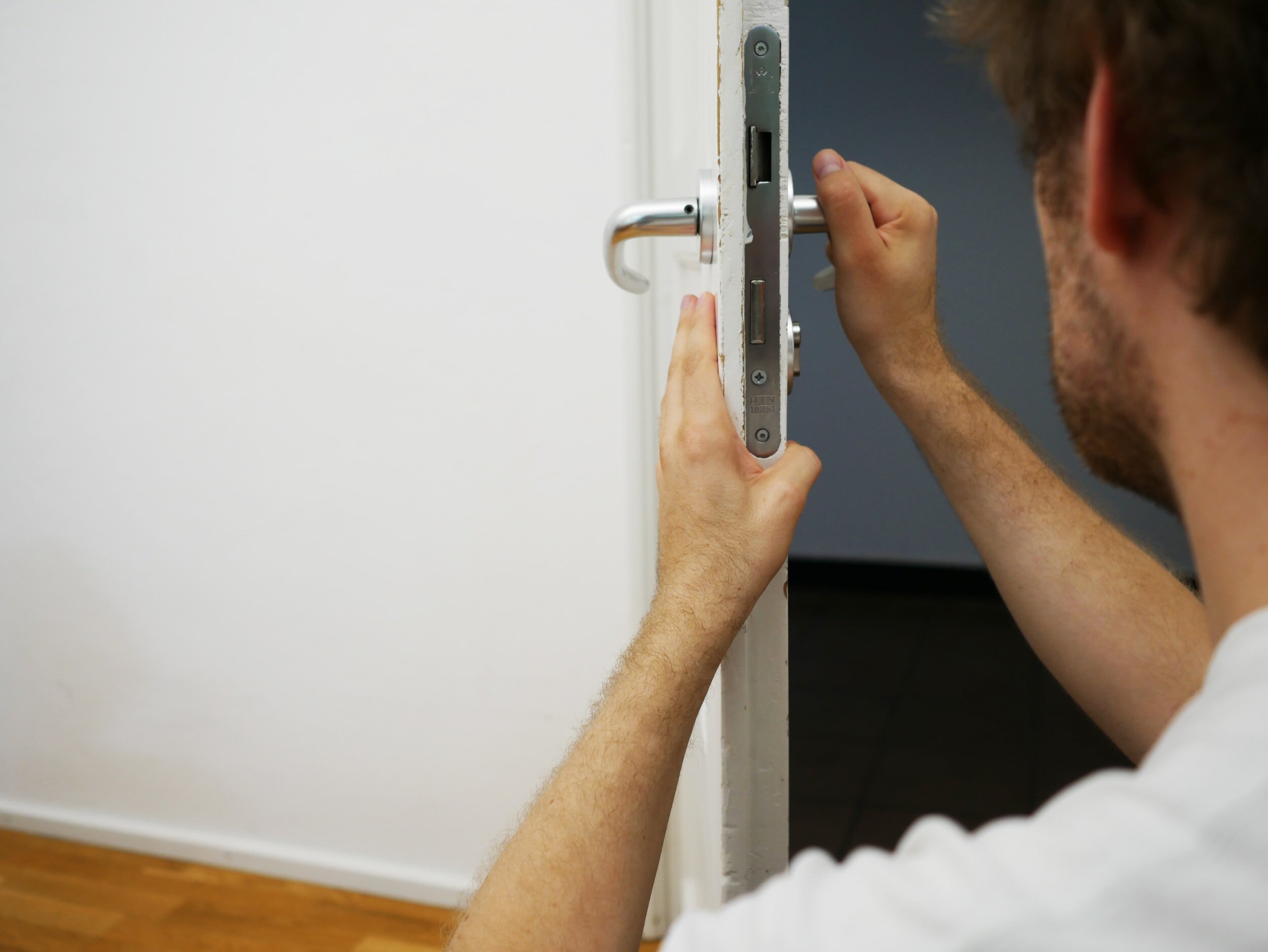
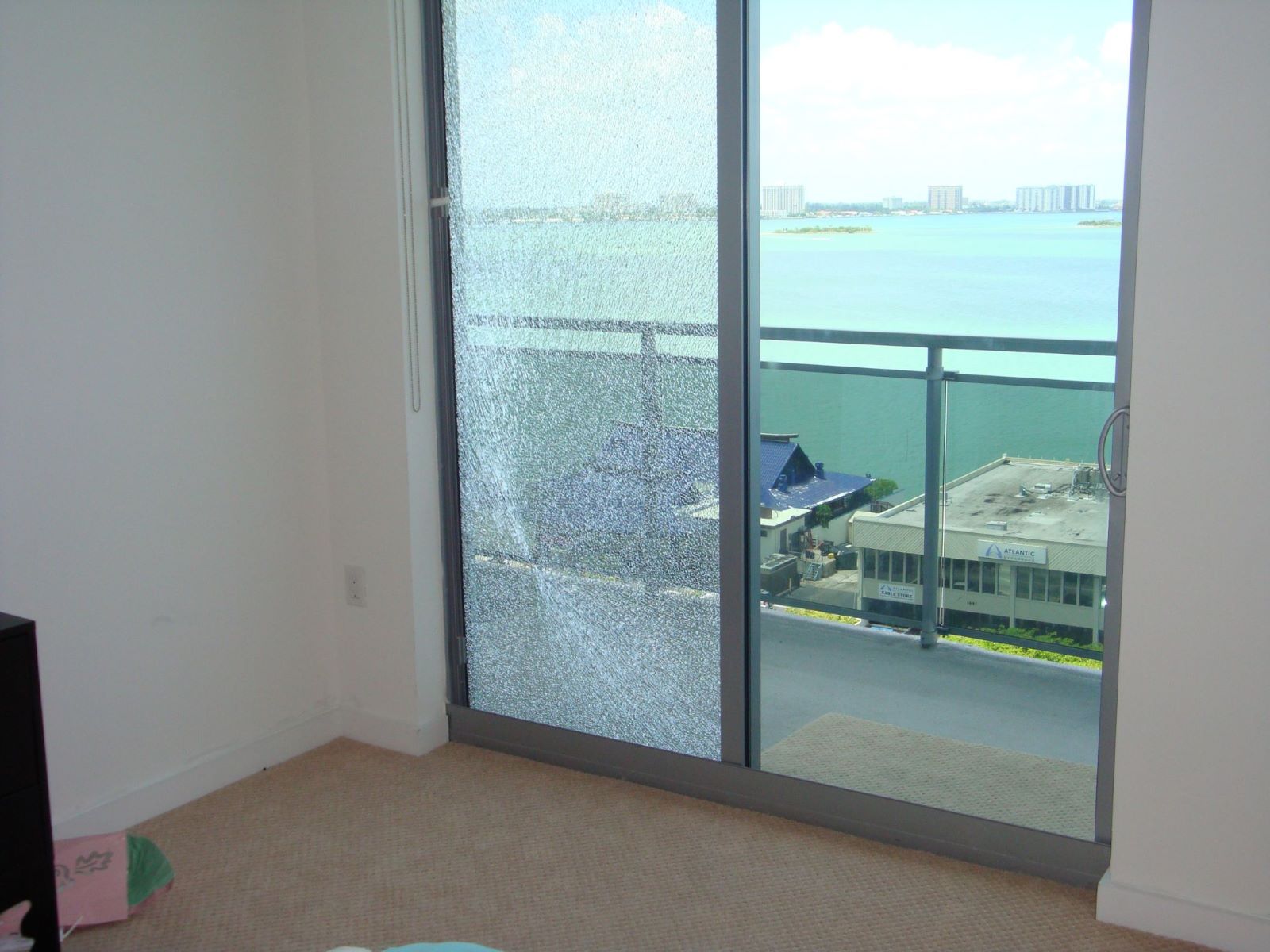

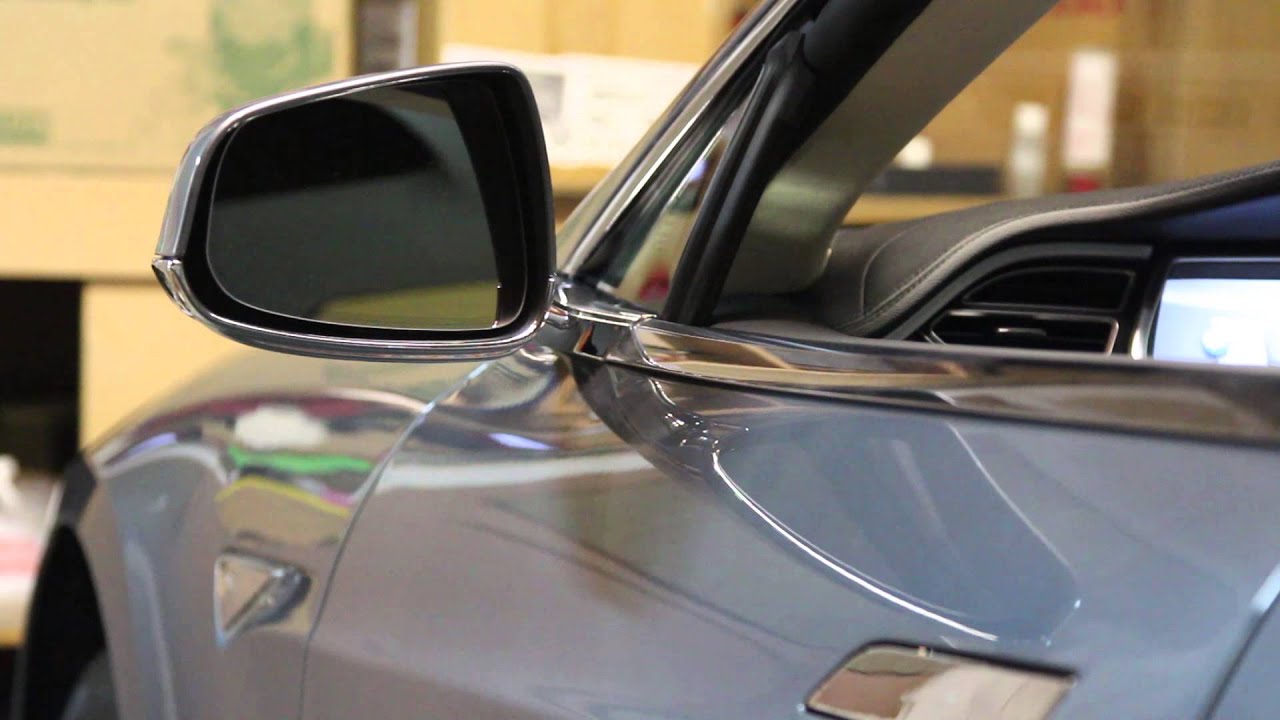
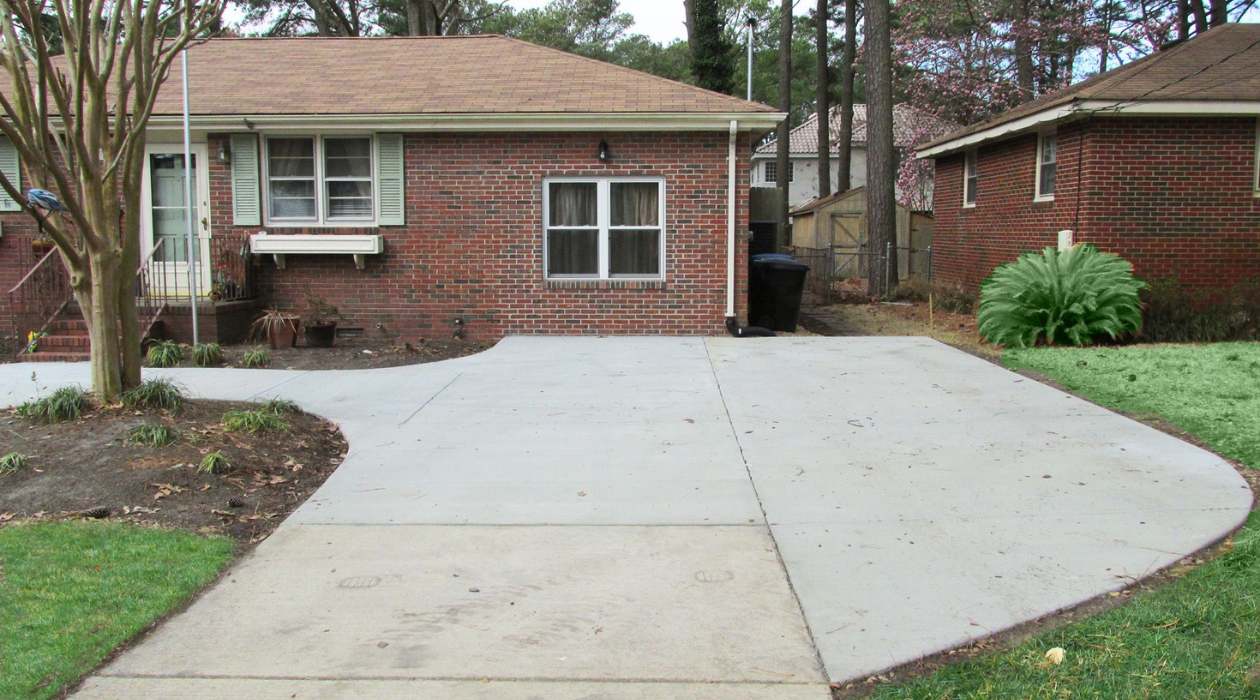
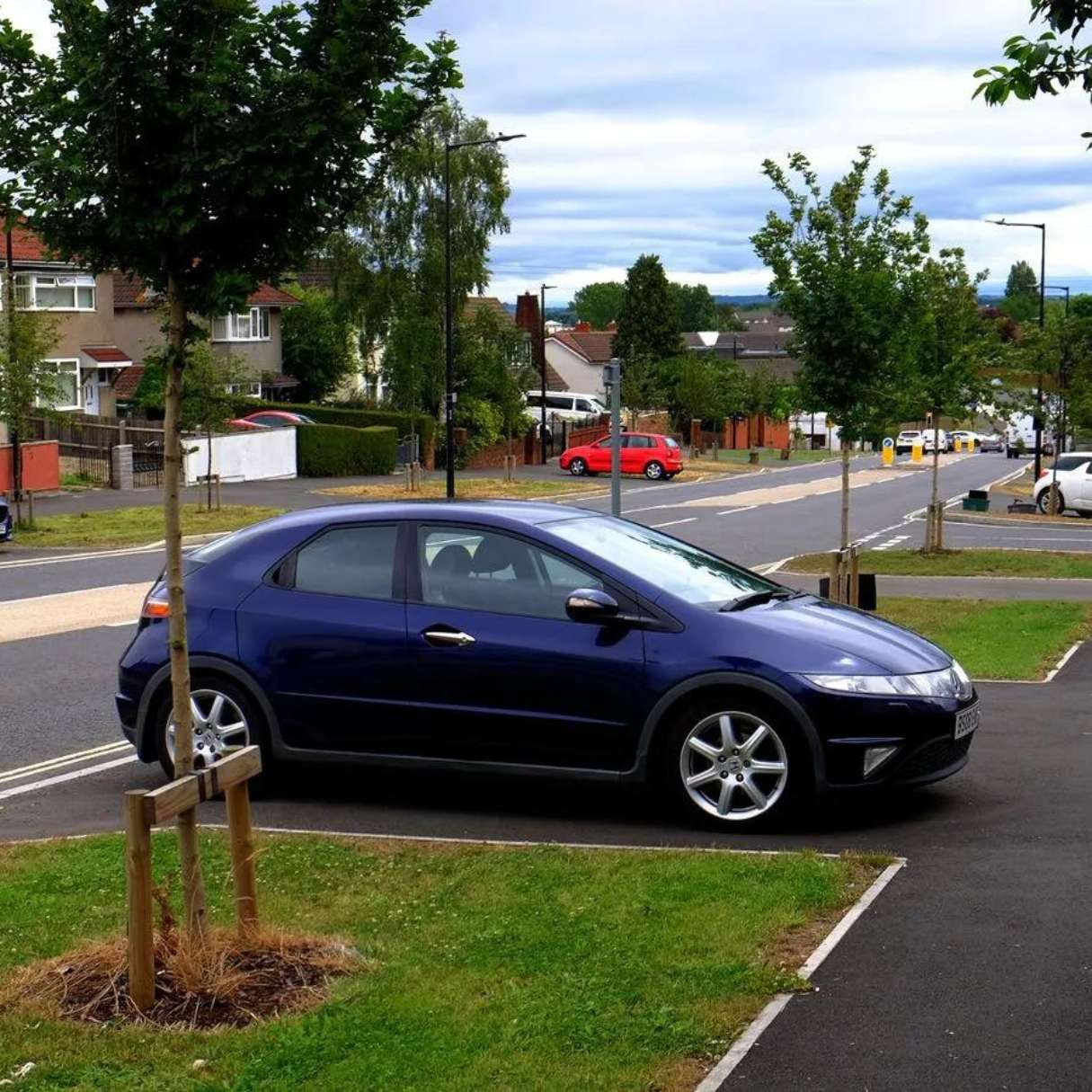
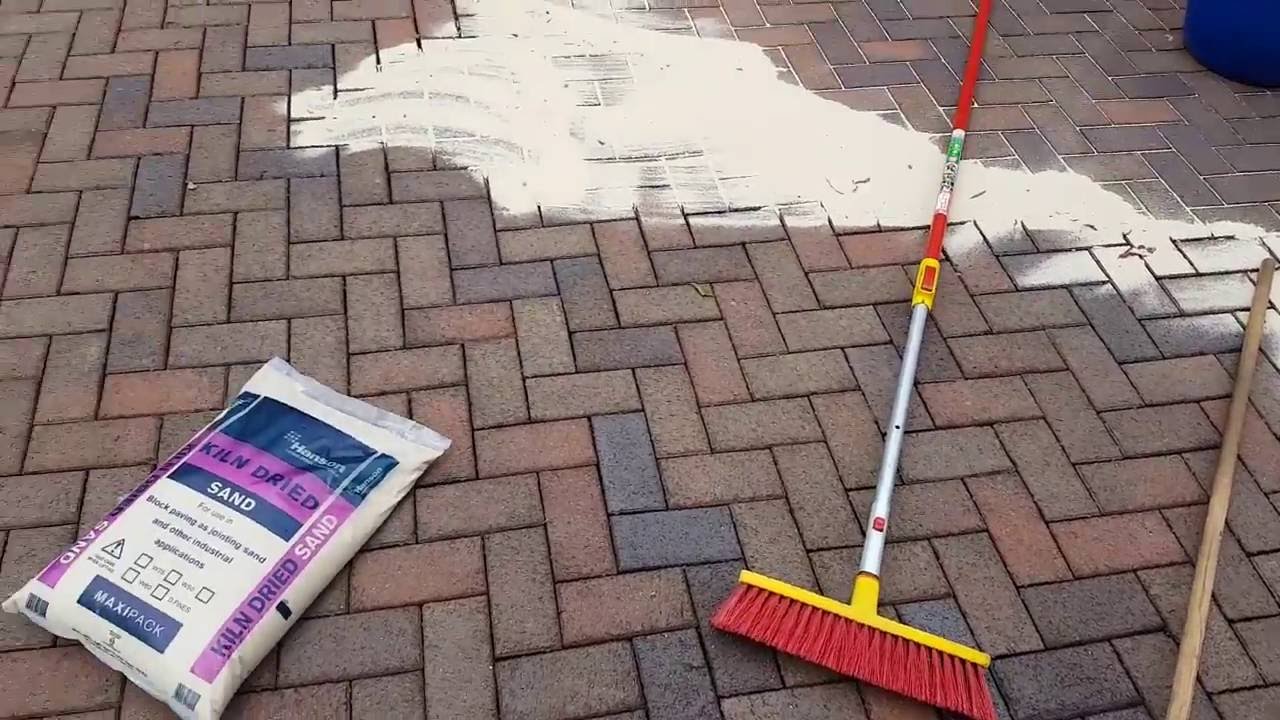
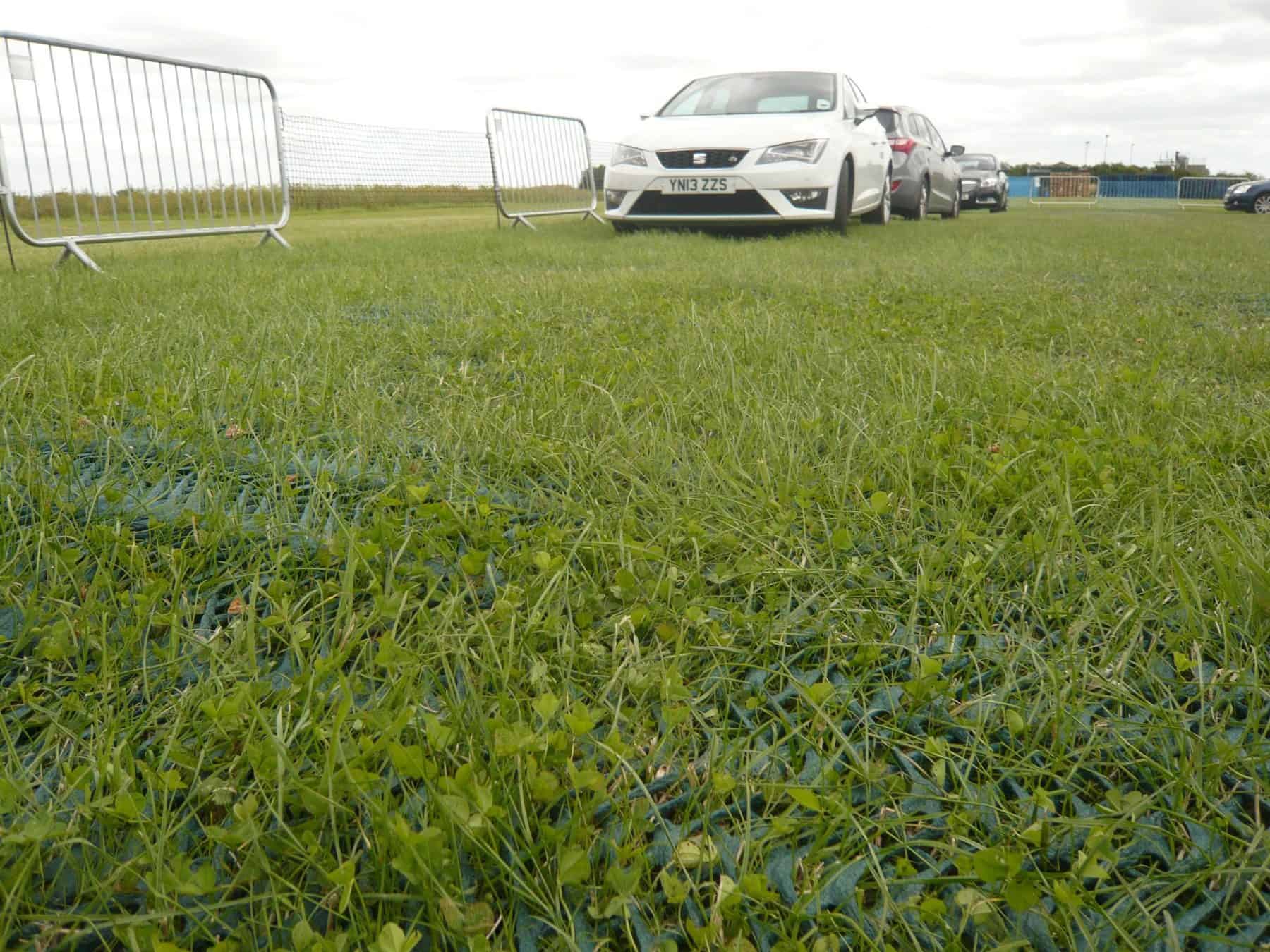

0 thoughts on “What To Do When Someone Parks In Your Driveway”